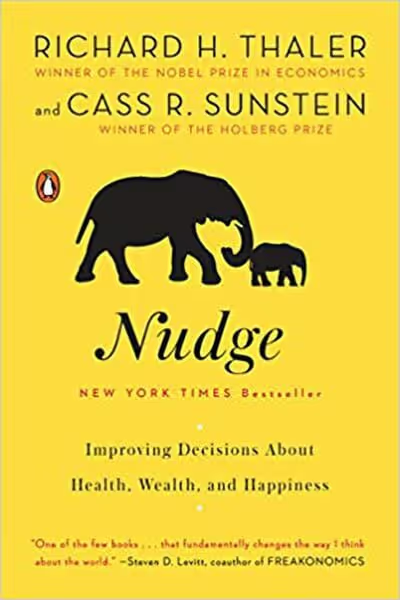Montaigne
Montaigne's stated goal in his book is to describe man, and especially himself, with utter frankness. He finds the great variety and volatility of human nature to be its most basic features. A representative quote is "I have never seen a greater monster or miracle than myself."
He opposed the conquest of the New World, deploring the suffering it brought upon the natives.
Citing the case of Martin Guerre as an example, he believes that humans cannot attain certainty. His skepticism is best expressed in the long essay "An Apology for Raymond Sebond" (Book 2, Chapter 12) which has frequently been published separately. We cannot trust our reasoning because thoughts just occur to us: we don't truly control them. We do not have good reasons to consider ourselves superior to the animals. He is highly skeptical of confessions obtained under torture, pointing out that such confessions can be made up by the suspect just to escape the torture he is subjected to. In the middle of the section normally entitled "Man's Knowledge Cannot Make Him Good," he wrote that his motto was "What do I know?". The essay on Sebond ostensibly defended Christianity.
However, Montaigne eloquently employed many references and quotes from classical Greek and Roman, i.e. non-Christian authors, especially the atomist Lucretius.
Montaigne considered marriage necessary for the raising of children, but disliked the strong feelings of romantic love as being detrimental to freedom. One of his quotations is "Marriage is like a cage; one sees the birds outside desperate to get in, and those inside desperate to get out."
In education, he favored concrete examples and experience over the teaching of abstract knowledge that is expected to be accepted uncritically. Montaigne's essay "On the Education of Children" is dedicated to Diana of Foix.
The remarkable modernity of thought apparent in Montaigne's essays, coupled with their sustained popularity, made them arguably the most prominent work in French philosophy until the Enlightenment. Their influence over French education and culture is still strong. The official portrait of former French president François Mitterrand pictured him facing the camera, holding an open copy of the Essays in his hands.






















































